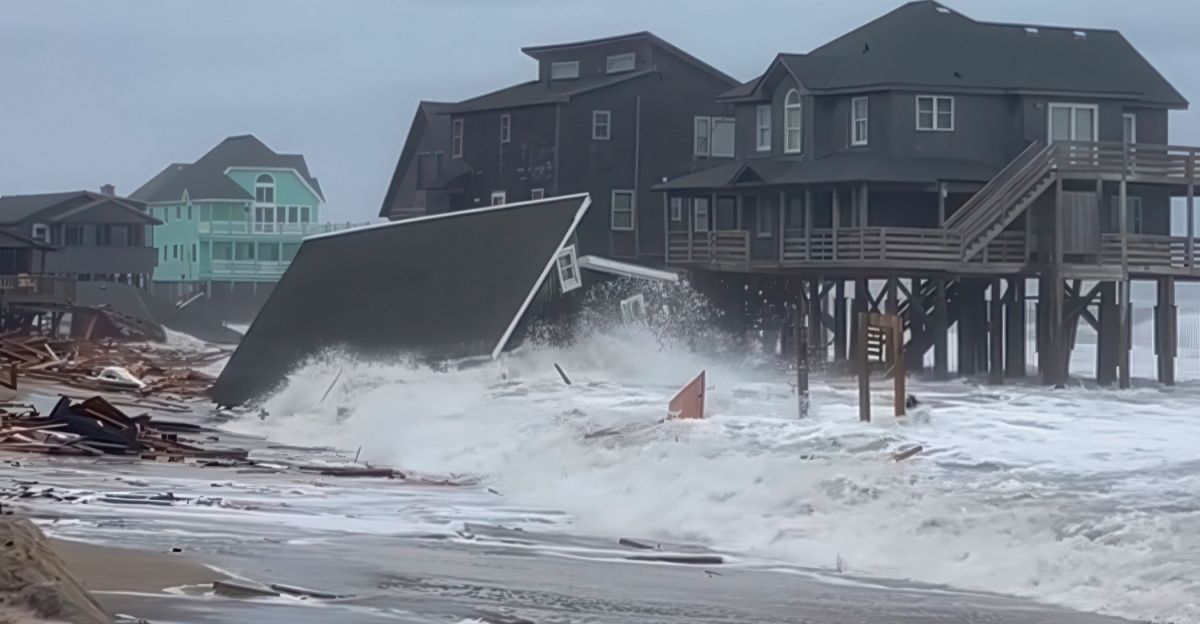
On September 30, 2025, six empty houses in Buxton, North Carolina, were swept into the Atlantic Ocean, leaving the Outer Banks community in shock. The houses collapsed as massive waves battered the coast, sending debris across the beach and prompting deep concern for everyone nearby.
Officials say this disastrous event highlights just how risky living near the ocean can be today, especially as storms get stronger and shorelines wear away even faster than before.
Why Did This Happen?
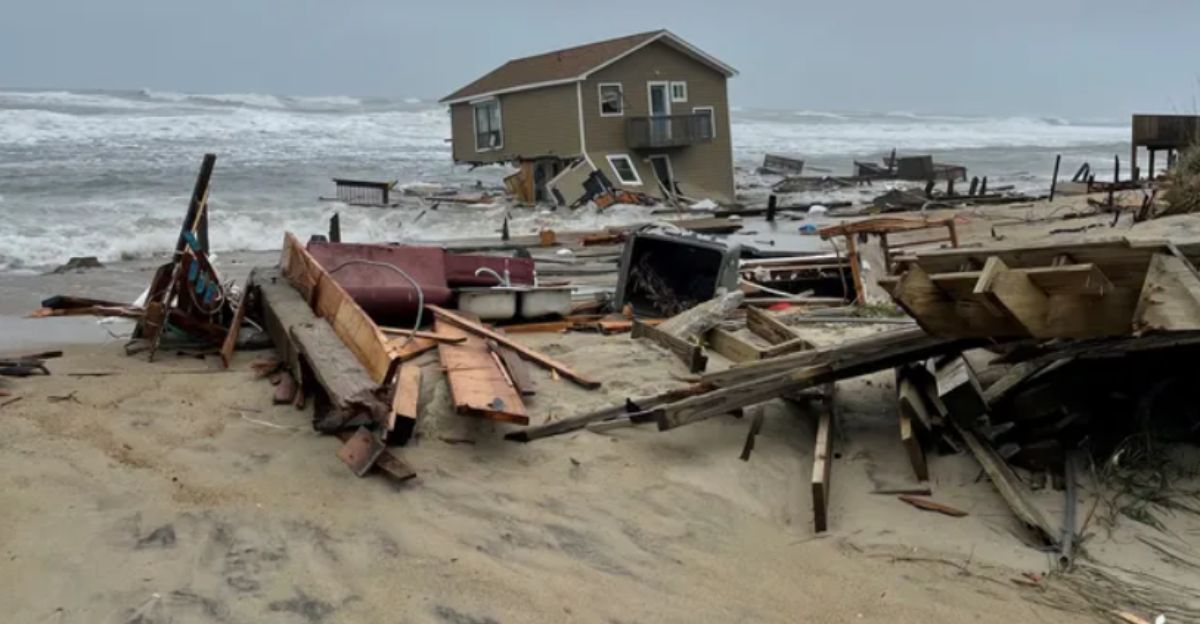
The main reason the homes fell was the perfect storm created by hurricanes Imelda and Humberto. For days, these powerful storms churned up huge waves and strong winds off the East Coast.
This natural barrage ate away at the sand, making the ground beneath the houses too weak to support them. Experts agree that without proper defenses, such as reinforced dunes or sea walls, homes stand little chance against rising tides and strong surf.
Impact on Buxton’s Residents
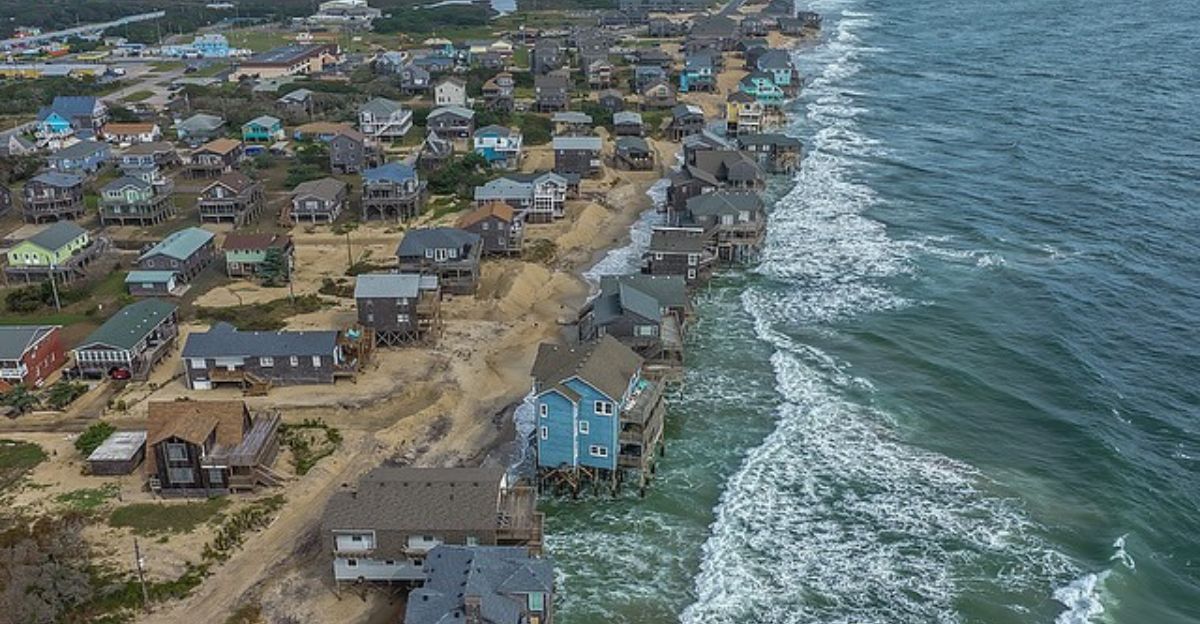
People living in Buxton faced an intense ordeal as five houses crumbled in under an hour. From windows shattering to piles of wooden beams and glass spreading across the neighborhood, the scene was chaotic and dangerous.
Residents watched in fear and disbelief, while emergency crews rushed to make sure everyone remained safe. The destruction left beaches cluttered with debris, forcing locals to adapt quickly and avoid risky areas.
Businesses Feel the Financial Hit
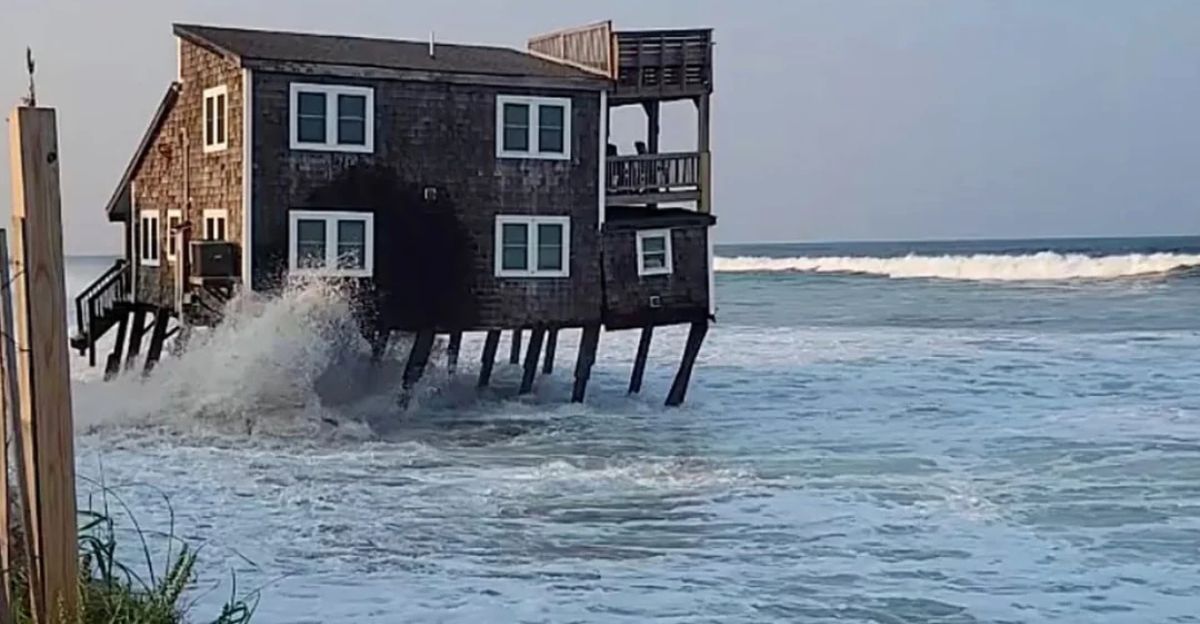
Buxton’s local businesses, especially rental and property management companies, felt the shock immediately. Damaged homes meant lost income from canceled vacation bookings and prevented tourists from coming back this season.
Shops that depend on visitors had to close for repairs, while others scrambled to find ways to keep operations afloat in the face of sudden revenue drops.
Renting in Neighboring Towns
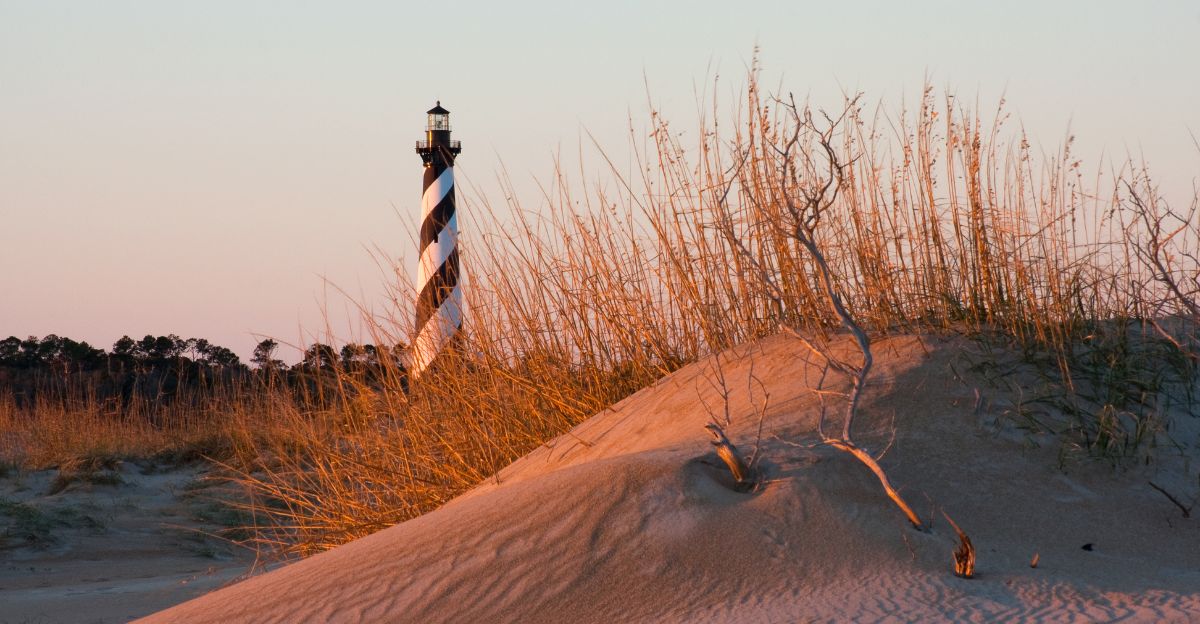
With so many homes damaged, travelers began booking places in nearby towns like Rodanthe and Hatteras instead. These areas experienced a surge in demand, with some businesses achieving record numbers as tourists adjusted their plans.
However, the sudden influx also stretched local resources and accommodations to their limits, putting pressure on everything from parking to restaurant availability.
Ripple Effects Across Borders
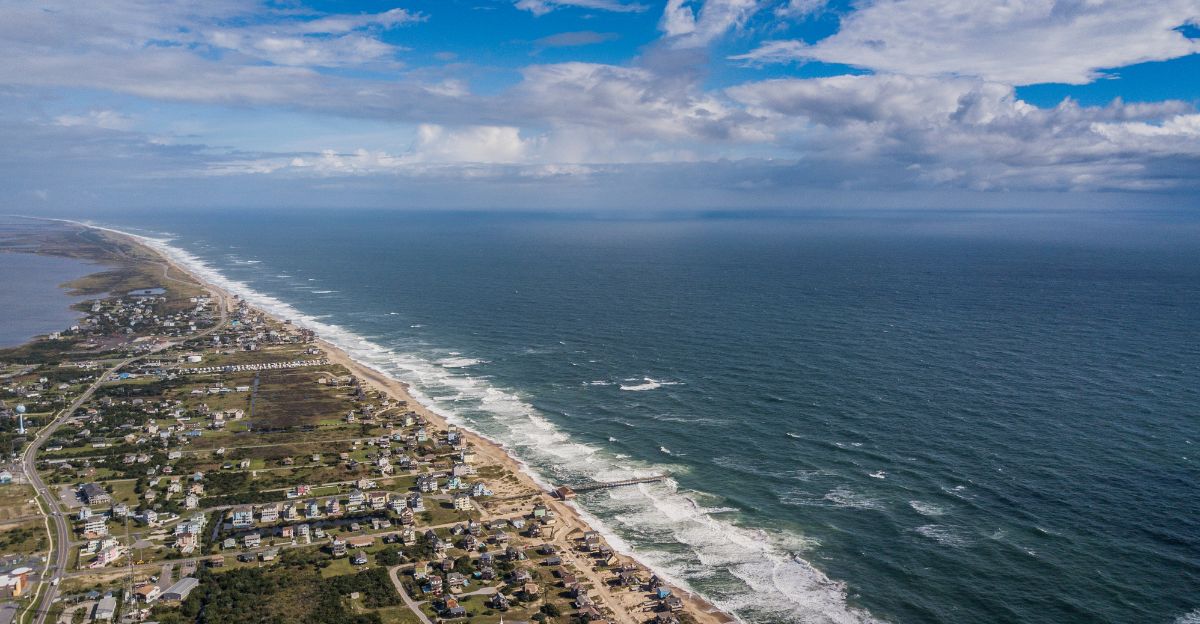
The Outer Banks isn’t just popular with Americans, lots of international visitors, especially from Bermuda and the Bahamas, faced last-minute cancellations because of the storms. This change hit local tourism officials hard, who now expect continuing problems for hotels, travel agencies, and airlines connected to the region.
Everyone is eager to understand how these events might continue to affect vacation plans and business ties with other coastal spots.
Those on the Front Lines
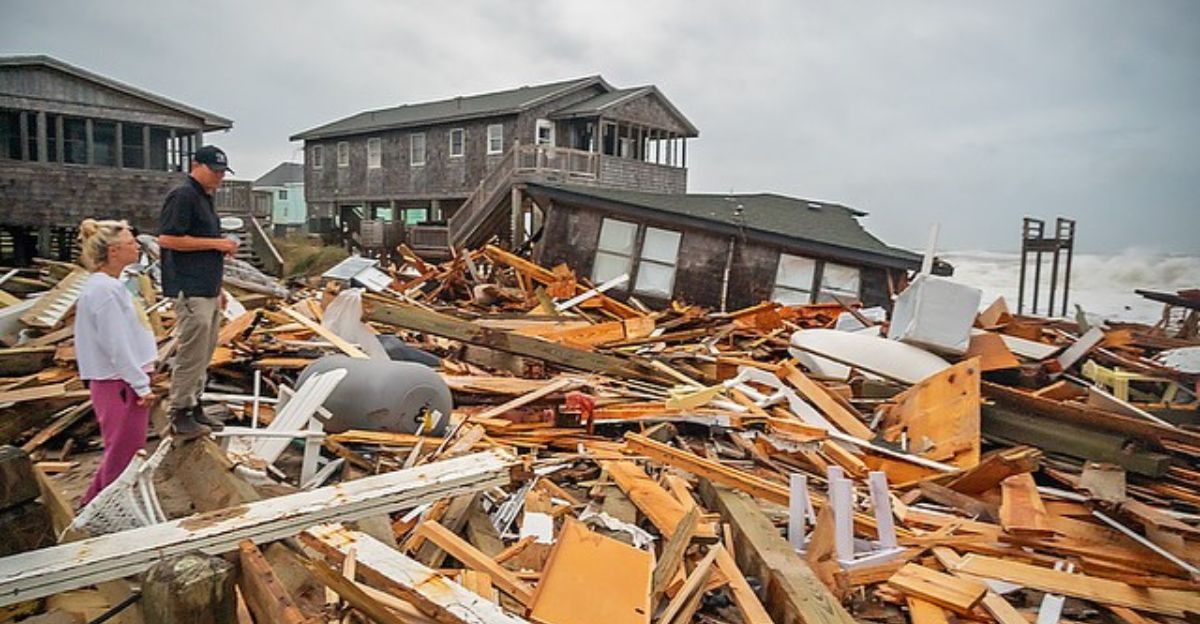
Cleanup and emergency crews quickly sprang into action, facing dangerous debris and working to keep the public safe. Cape Hatteras National Seashore staff posted warnings and helped block off hazardous areas, while local workers felt both the pressure and emotional strain of dealing with such a sudden disaster.
Safety First
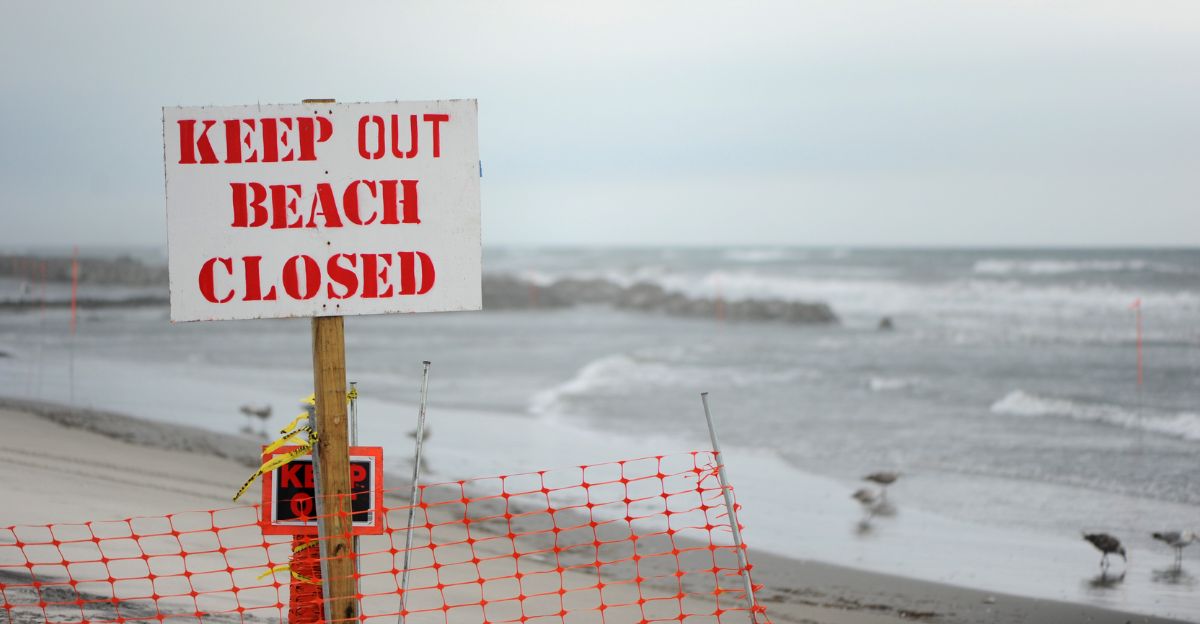
Right away, local leaders closed off beaches from northern Buxton through ramp 43, adding new barriers to protect the community and prevent more accidents. Officials are now thinking about changes to construction rules and erosion control guidelines to safeguard homes in the future better.
These decisions signal a push for tougher standards and renewed focus on public safety in vulnerable coastal areas.
Real Estate in Trouble

The housing market in Buxton and nearby towns has been shaken by uncertainty. Areas prone to erosion are now less desirable, and property values there have dropped. Many buyers are questioning whether investing in a home close to the beach is wise.
Insurance companies have raised their rates or refused coverage for properties deemed high-risk. This has made selling homes more challenging, with some owners forced to reconsider their plans entirely.
Hardware Stores Step Up

As homeowners scramble to repair what they can, local hardware and supply stores have seen a rush of customers looking for materials like wood, sandbags, and erosion barriers.
Store owners have had to order extra stock and adjust their inventory, preparing for a busy season of home reinforcement and emergency fixes. For many, rebuilding and recovery will take center stage for weeks or even months to come.
Hospitality Adjusts to the Storm

Hotels and restaurants made quick changes to meet the new demands. Some offered discounts and flexible booking terms to attract visitors who had to find new places to stay suddenly.
Others opened their doors to emergency crews and volunteers, providing essential services in a time of need. By adapting rapidly, local hospitality businesses hope to keep guests comfortable and safe, even under the toughest circumstances.
Building, Insurance, and Cleanup
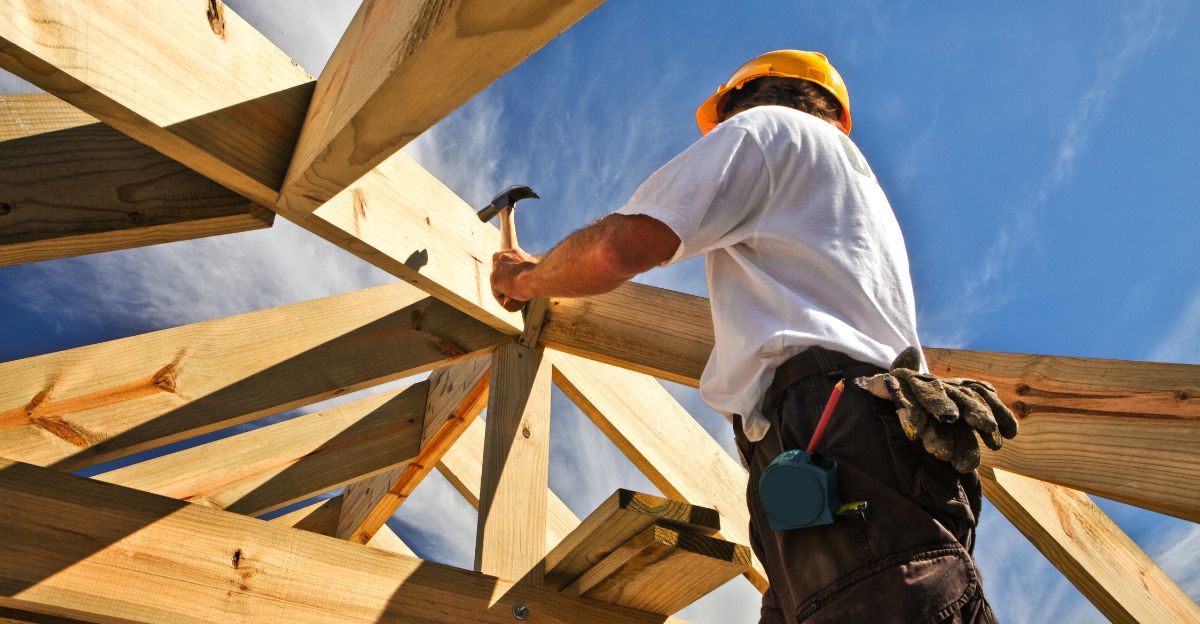
The construction industry is busier than ever, with teams removing debris and starting to rebuild where possible. Insurance companies are processing claims for lost homes and damaged property, which may take time, given the scale of destruction.
Waste management crews have mobilized extra trucks and staff to clear dangerous materials from the beaches, working hard to restore the area to normal.
Vacationers Rethink Travel Plans

The impact of the disaster has reached well beyond local borders, with global travelers now reconsidering trips to the Outer Banks and other coastal regions.
Travel agencies are fielding more questions about cancellation policies and how to avoid losing money if another storm hits. For many vacationers, risk awareness has become a top priority when planning trips near the ocean.
Health and Safety Concerns
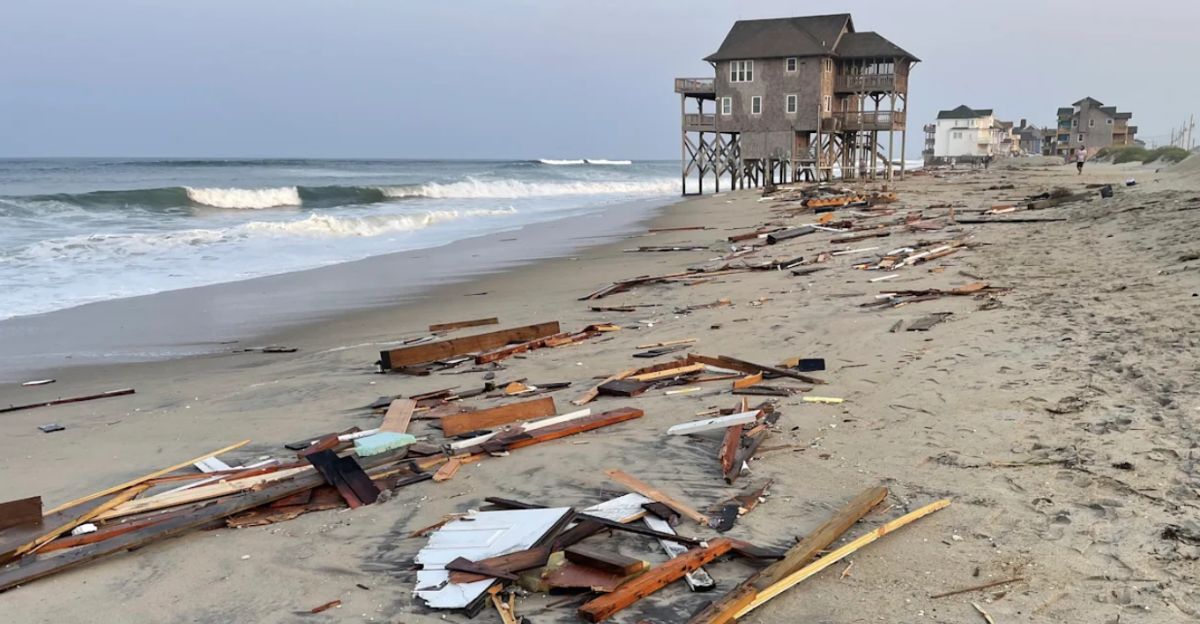
Public health experts have warned about the danger of stepping on or swimming near debris, which can include sharp wood, broken glass, and polluted water.
Residents are adjusting their routines, steering clear of closed beaches and learning new safety measures for hurricane season. Everyone is urged to pay attention to official advice and stay informed about hazards.
Climate and Environment Debates
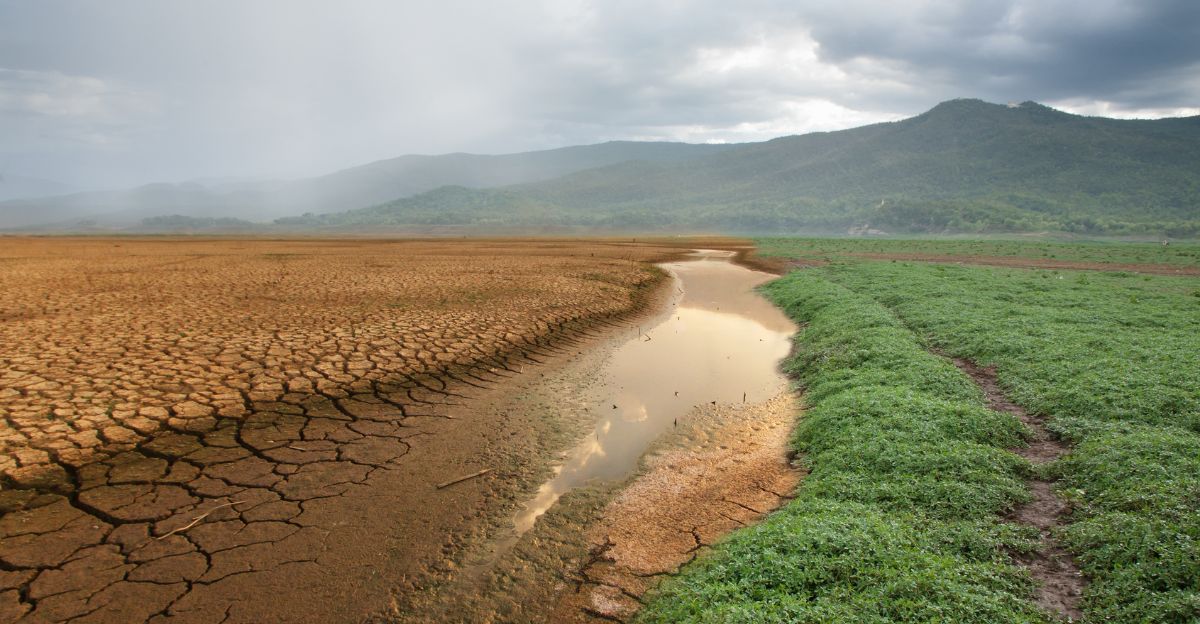
Environmental activists say this disaster shows why climate change and unsustainable building practices are serious issues for barrier islands.
The collapse of these homes has sparked heated debates about how best to protect vulnerable areas, shore up insurance, and possibly retreat from places most at risk. Many call for stronger action before the next big storm strikes.
A Community Shrouded in Loss
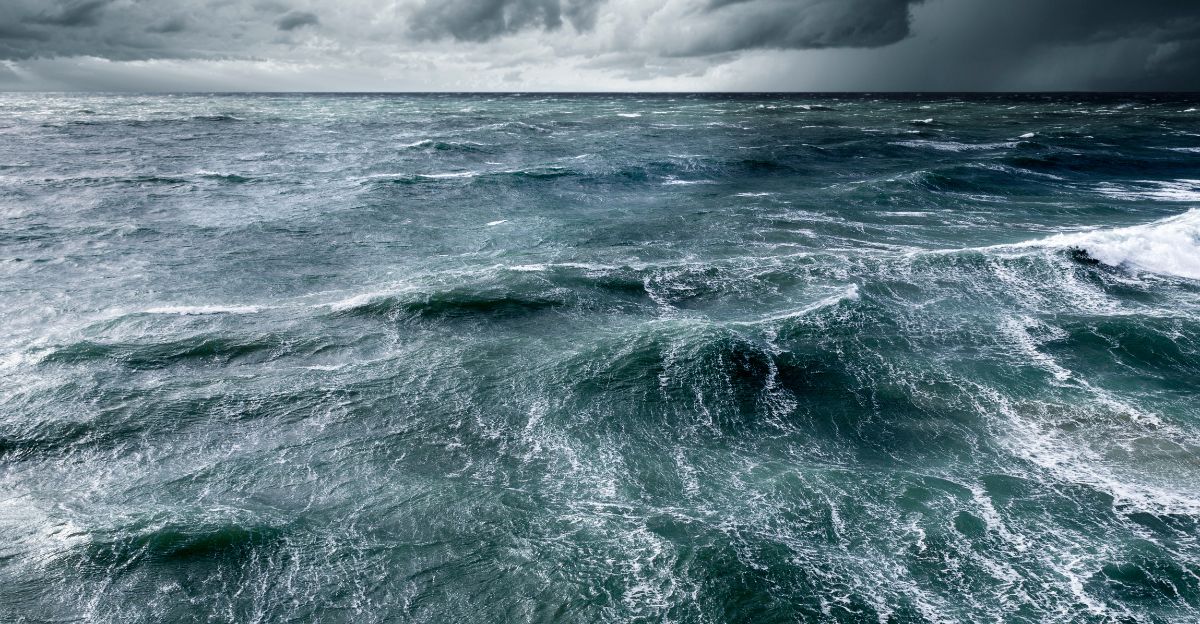
While Buxton faces steep losses, nearby towns that escaped damage are welcoming more tourists and enjoying an uptick in business. Real estate investors are now looking at properties built farther from the water or at higher elevations, hoping for safer investments.
Still, some rental homeowners have lost everything, a stark reminder of the unpredictability of life on the coast.
Ripple in the Markets

With insurers and construction companies in demand, some investors are betting on these sectors as hurricane recovery begins. Insurance stocks and building supply businesses have shown modest movements in the markets, while local economic indicators reflect a nervous wait for what the next storm season will bring.
Tips for Staying Safe
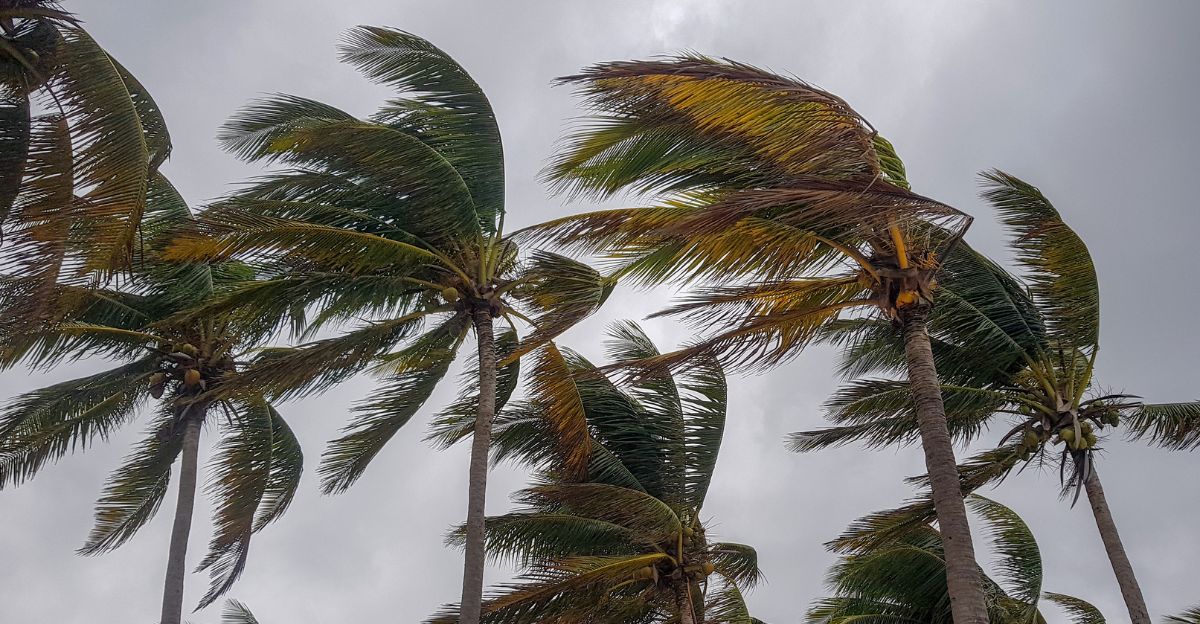
Authorities advise everyone visiting or living near the beach to check warnings regularly, buy travel insurance that covers cancellations, and keep away from closed shorelines. Homeowners should make sure their insurance is up to date, reinforce their properties, and watch for news as hurricane activity continues.
“Visitors to the seashore are urged to steer clear of the collapsed structures and to proceed with caution,” says Cape Hatteras National Seashore’s safety alert.
What’s Next for Buxton?
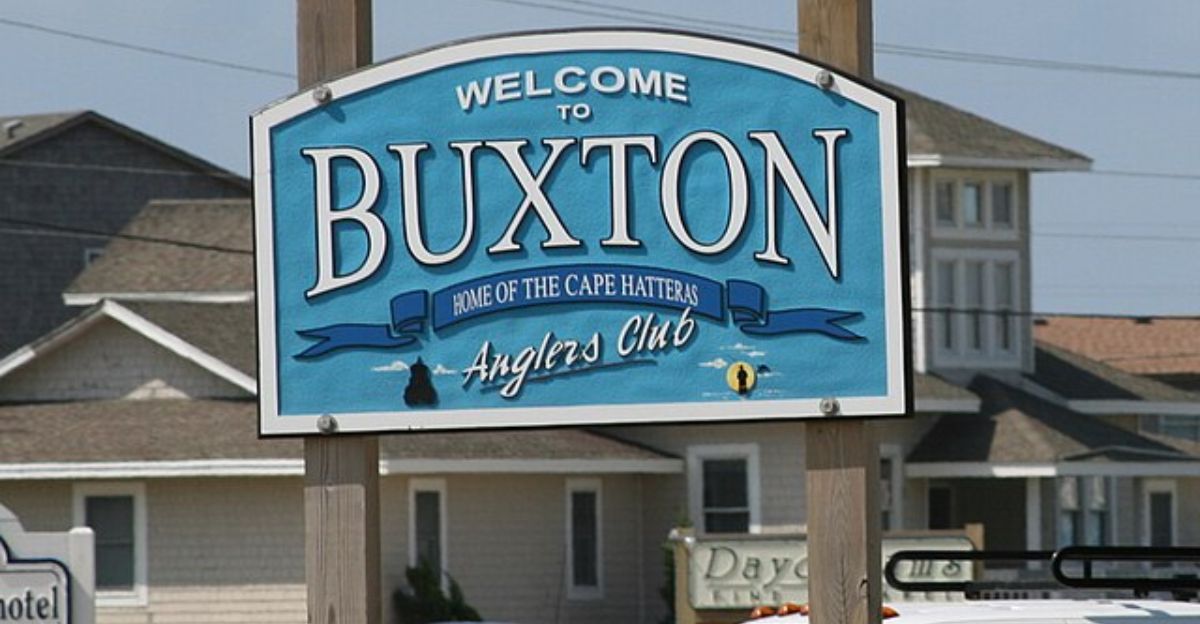
With waves still pounding the coast, experts warn that more homes could be at risk of being lost. Community leaders are fighting for federal help and tougher protections to prevent further disasters, while residents band together to handle ongoing risks and brace for the future.
The struggle to save Buxton and similar communities is far from over, and many are hoping for real change soon.
What Buxton’s Tragedy Means for All Coasts
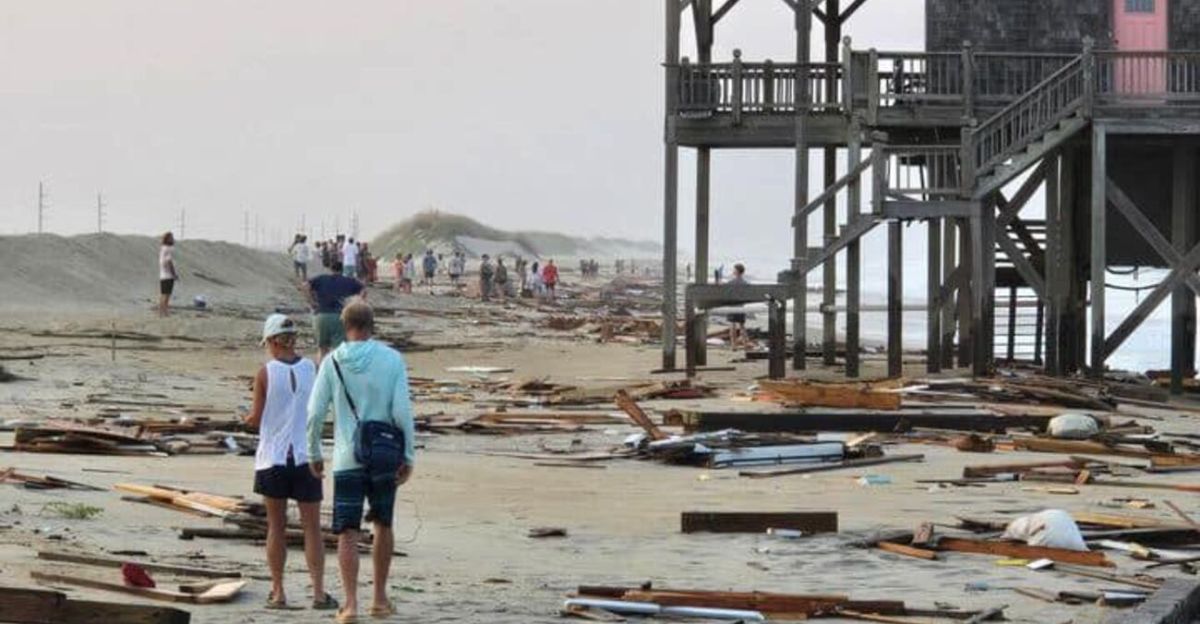
The loss of six homes in Buxton is more than a local story. It’s a wake-up call, showing how one event can trigger significant changes, damaging homes, shaking up economies, and sparking conversations on climate and coastal planning.
Communities everywhere are paying attention, learning important lessons about resilience, preparedness, and the real stakes of living on the edge of the sea.